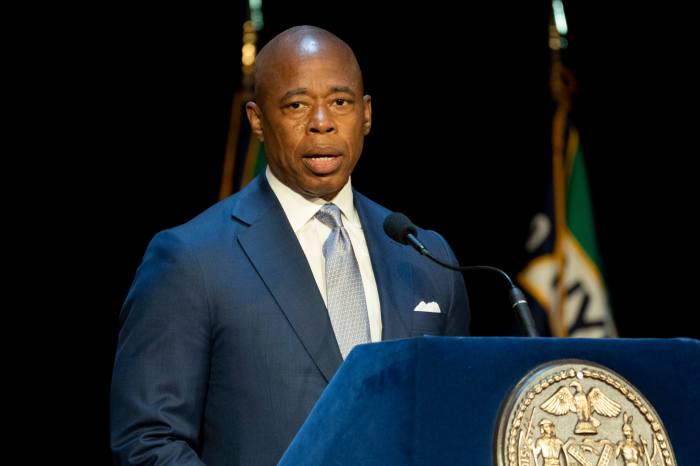Unless you had some spare cash and were smart enough to buy stocks when the market bottomed last March, 2009 is probably a year you want to forget.
The recession that began in October 2008 cut overall economic growth by an estimated three per cent. The nine-month downturn shuttered factories, ballooned unemployment, channelled taxpayer dollars into dubious bailouts and left governments at all levels with fat deficits. Hard times also put longer-term problems into focus, including the North American economy’s vast need for infrastructure renewal and the unsustainable financial habits of the majority — namely a tendency to carry too much debt and to save too little.
As the year turns, there are signs of optimism. The housing market, even in the U.S., is beginning to improve and companies are starting to hire again. For now, interest rates remain low and inflation is in check. And as many have pointed out, Canada has weathered the economic storm far better than the rest of the G7.
But let’s not get carried away. Given the still fragile state of the U.S. economic recovery, Canada’s prospects for 2010 remain dicey. And certainly for governments, the new year will usher in an arduous financial test. To fight the recession, governments pumped money into tax and unemployment relief, support for industry and major spending on infrastructure renewal, among other things. Ottawa’s commitment alone was more than $47 billion, generating a federal deficit in the current fiscal year of roughly $56 billion.
Now governments have to start bringing finances back into line so they will be able to cope with the extreme demands of the coming decade — health care for an aging population, potentially costly pension reform, and continuing infrastructural renewal needs, to name a few.
They have limited means to do this. Governments don’t want to raise taxes, nor do they want to tamper with politically touchy items like transfer payments. As a result, you get people like Ontario Premier Dalton McGuinty musing about the viability of selling off Crown assets such as the province’s liquor monopoly or its power generation business, or federal Finance Minister Jim Flaherty saying he plans to trim government by failing to replace retiring civil servants.
These are tough decisions. Liquor is one of the world’s great recession-proof businesses, and history shows it’s much easier to grow the civil service than to reduce it. A finance minister’s office is unlikely to be a happy place in 2010.
















